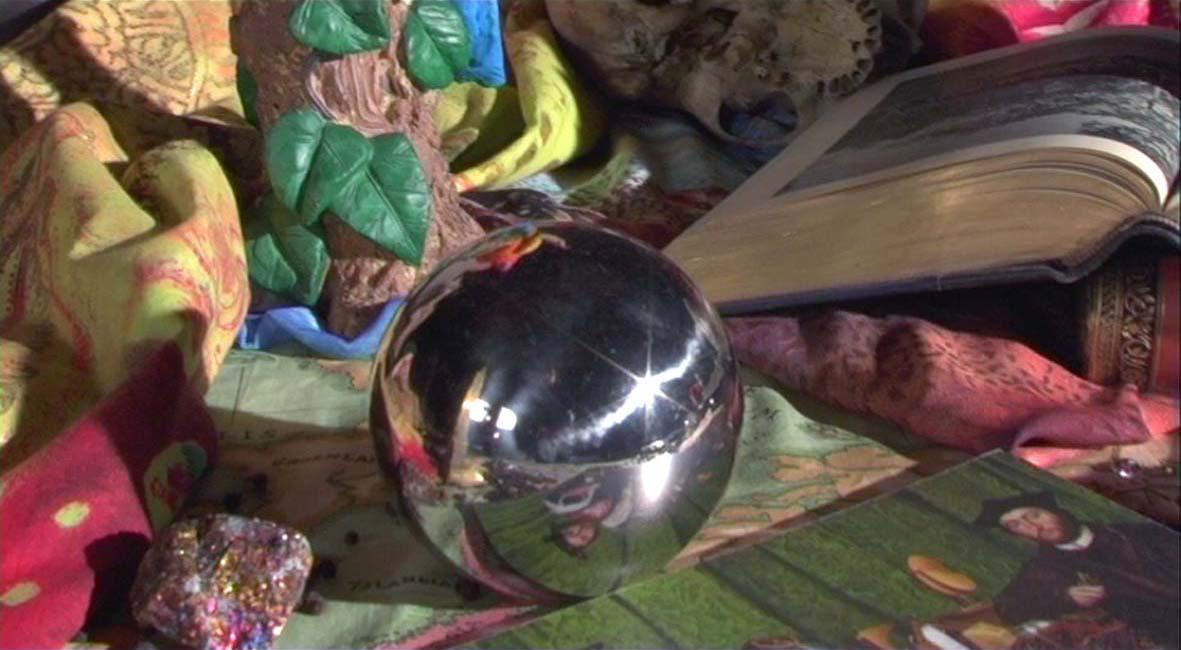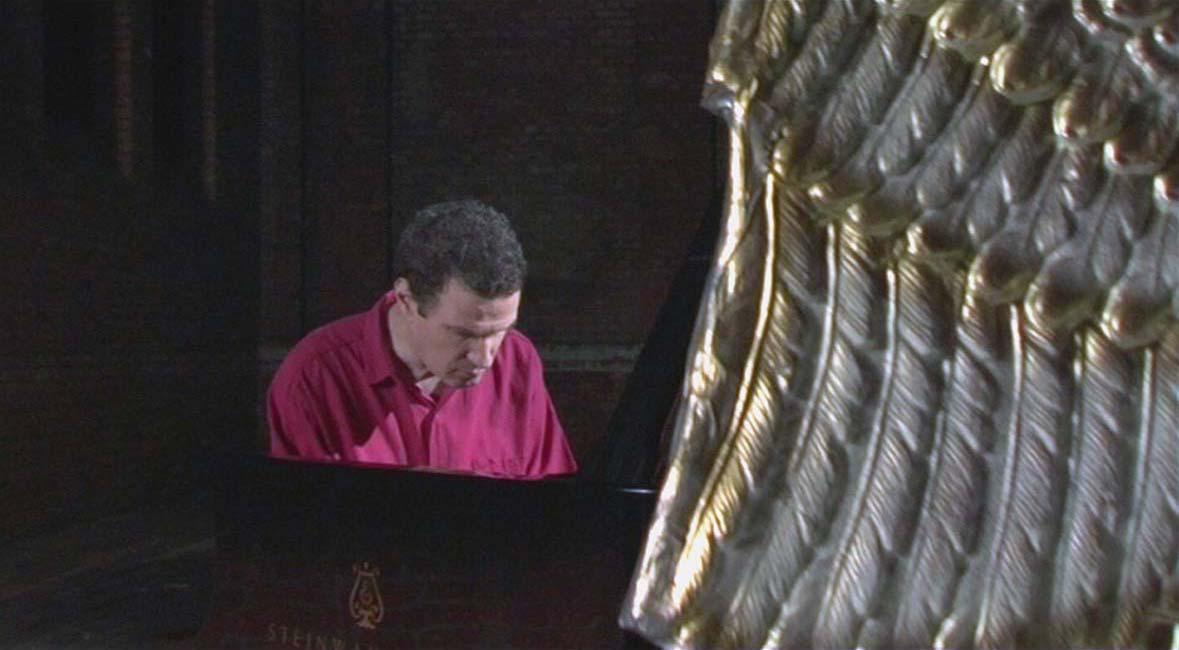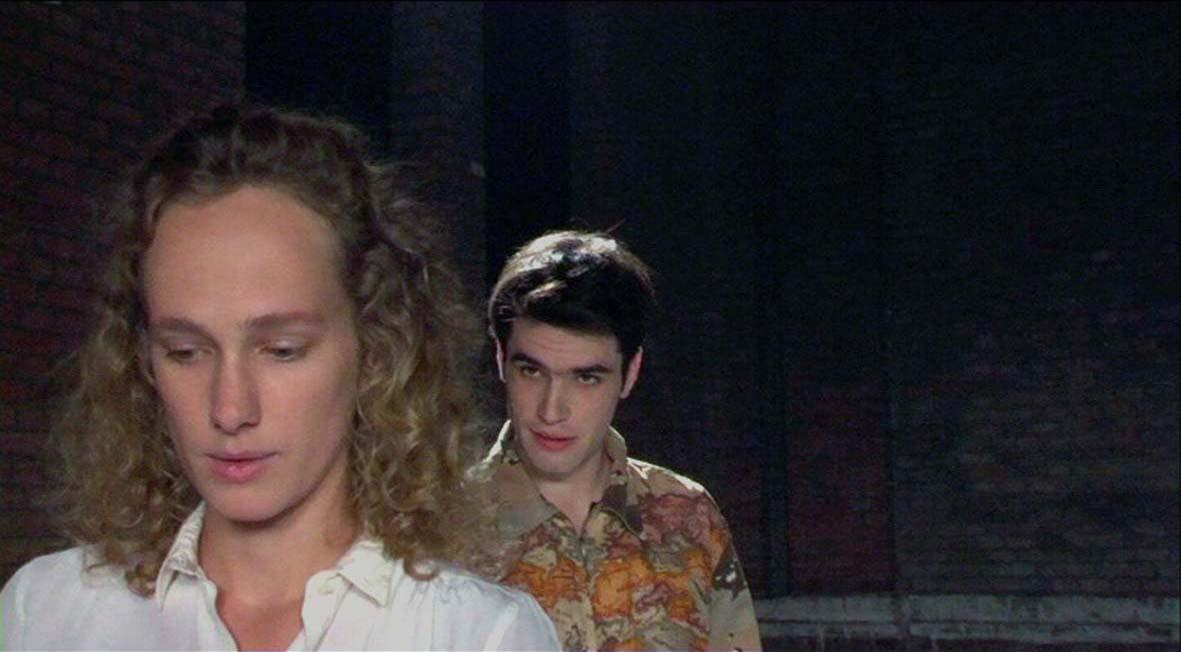Imago Mundi - Challenging what is accepted
Producing art, producing a discourse, producing a(n altered) worldview; the movement carried through by Lisl Pongers Imago Mundi - Challenging what is accepted comprises a mutual reflection of these three areas, and, more significantly, interventions to effect changes in their position in the constellation. First of all there is the production of art, seven classical art forms to be precise, which the film presents examples of and interweaves. Beginning with a Vanitas still life, "The Knights Dream" by Spanish Baroque painter Antonio de Pereda (mid-17th century), music, dance, theatre, literature, photography and film follow, either inspired directly by, or loosely associated with, the still life. Film takes the form of a synthetic wrap incorporating all the others. If the starting point is the arrangement of a tableau vivant for a photo shoot (Pongers contemporary reconstruction of Peredas painting), numerous other set pieces are woven into this initial text: the composition of a piano work, a scene from Büchners Woyzeck, a passage being read from Dimitri Dinevs novel Engelszungen (Angel's Tongues). What may seem on the surface to be a re-enactment of random elements from Europes cultural heritage produces, when placed in context, a metamorphic image of a line of thought critical of representation and relating equally to various eras and genres. The rest of Imago Mundi.- Challenging what is accepted turns out to be thoroughly transformational too. The film stages contributions to a discourse relating to criticism of the current uses and abuses of power in the form of a symposium (with a banquet afterwards). The portrayal, however, does not obscure its own reproductive nature. On the other hand, just how important the ever-new approaches of the change-effecting gesture is, is demonstrated by the cathartic final act. The (world)view composed in minute detail beforehand disintegrates into fragments and splinters; a way of seeing feels its way towards traces which might point the way to the future. (Christian Höller)
Translation: Steve Wilder / Tim Sharp
Das Bild der Welt, von Bert Rebhandl, Diagonale Materialien 2006 (Article)
"Drei Stationen an einem Tag, drei am anderen.". Ein E-Mail von Anja Salomonowitz (Regieassistenz) an Lisl Ponger: Protokoll einer Besprechung zu Imago Mundi, Diagonale Materialien 2006.
Imago Mundi - Das Gültige, Sagbare und Machbare verändern
2007
Austria
37 min
Avantgarde/Arts, Essay
German, English
English, German, french



